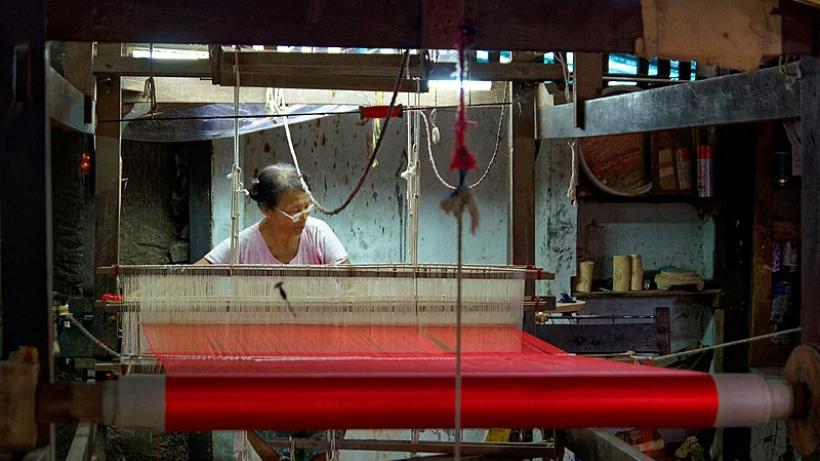
Learning from Thilawa Special Economic Zone
-
Khandelwal-et-al-2018-Policy-Brief-.pdf
PDF document • 343.43 KB
- Firms in Thilawa Special Economic Zone (SEZ) have created around 5,000 jobs inside the zone as of 1 February 2018.
- Analysis suggests that the most important benefit for workers in the zone is the knowledge and skills they acquire on the job. This benefit is even more important among managers, suggesting that knowledge transfers from workers transitioning to companies located outside of the zone may be an important channel through which the SEZ will benefit the rest of the Myanmar economy.
- To further promote knowledge transfers, the zone could take a more proactive role in facilitating investors attracting local talent, particularly managers. To do so, it is necessary to better understand the characteristics of local managers and how they match with the skills required by investors. Additionally, the zone should further policies to attract high-skilled labour in the zone and develop a job-matching platform for managers.
- A number of challenges remain including the long commuting times which could deter talented workers from working in the SEZ. There is also a low share of inputs sourced from domestic companies located outside of Thilawa, meaning direct spillover to outside firms through the sourcing of domestic inputs are likely to be low in the short-term.
- High-quality data collection will remain important for measuring the successes and challenges of Thilawa SEZ for developing services that enhance its positive impact, as well as for drawing lessons for promoting job creation through FDI elsewhere in Myanmar.




